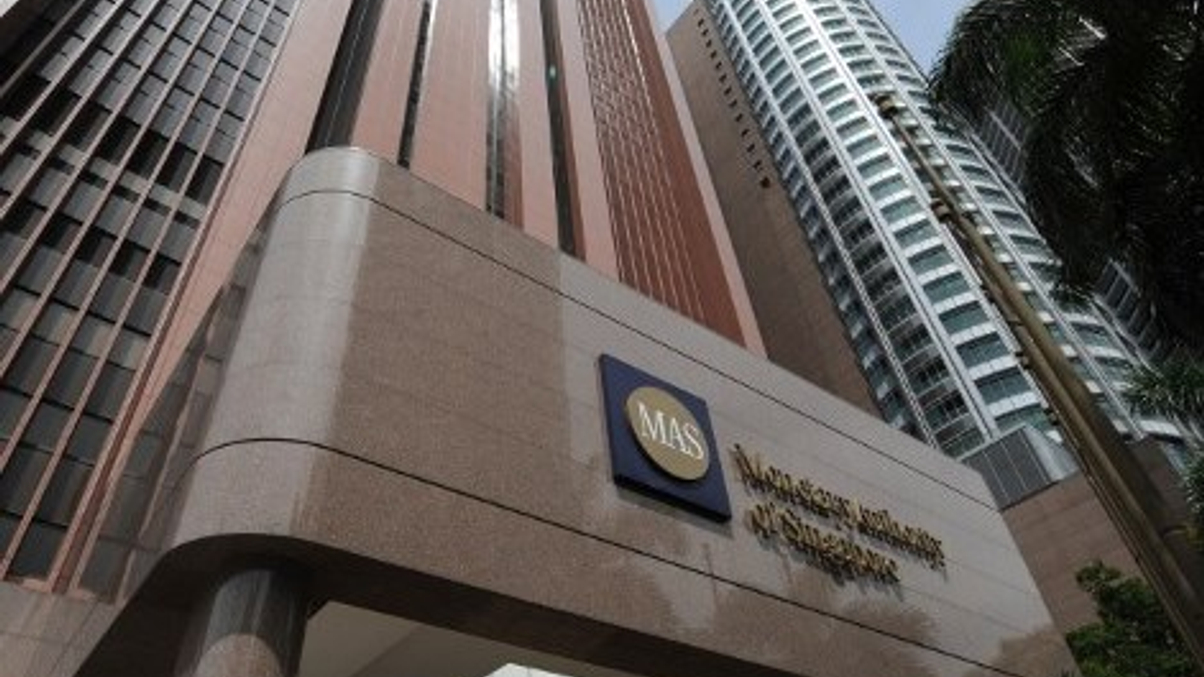Singapore’s Fair proposals to hit insurers hardest
And smaller financial advisory firms will see consolidation as a result of the city-state’s move to overhaul its laws on providing investment advice.

Singapore’s planned overhaul of its rules on providing financial advice will have the biggest impact on life insurance companies, argue market participants.
Sign in to read on!
Registered users get 2 free articles in 30 days.
Subscribers have full unlimited access to AsianInvestor
Not signed up? New users get 2 free articles per month, plus a 7-day unlimited free trial.
¬ Haymarket Media Limited. All rights reserved.


